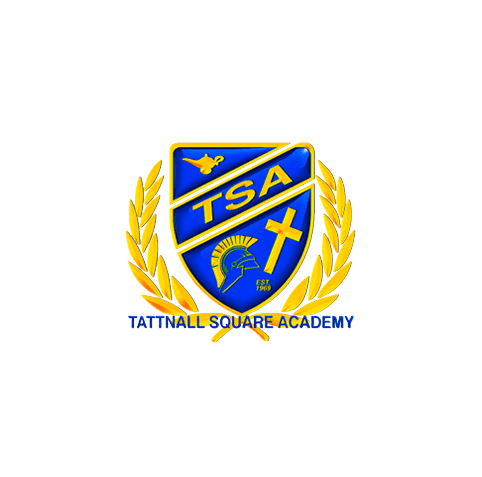Written By: Dr. Michael Drake
I have seen a great many changes in my 47 years in independent education. When I first began my teaching career in 1969, such things as hand held calculators had not yet appeared on the scene. For those of you old enough to remember the slide rule, that was considered high tech when I first began to teach. I remember when my school first obtained access to a computer. It was one of those that printed programs on long rolls of tape that could then be fed into the machine to see if what we had written was done correctly. We did not have our own mainframe so we had to use the one at Vanderbilt University at specific times when they allowed us to go on-line. We thought we were up town! Today, most of our students carry around cell phones that have more power than any computer we had then or for years to come.

I also remember coming to my first headmaster’s job in 1992 and going to a meeting where we were told that if we did not have a web site, we were behind the time because the internet was the future. Living in Perry, Georgia at the time, I could not believe that the internet was that important. Today, no one can imagine life without the depth of information available at our fingertips and the opportunity to stay in intimate contact with people on the spur of the moment that the world wide web provides. When Tattnall chose to go to the “bring your own device” program a year ago, we were, hopefully, sending a message to all of our students that the computer would have to become an integral part of their academic and working life. Although we cannot anticipate what the computers of the future will look like nor anticipate the skills they will need for success in using them, we can make students comfortable with the necessity to use computers as part of their daily life.
But, despite all the changes I have seen in 47 years, I am more convinced than ever that there is one “old fashioned” skill that does more to determine academic success than any device or technology invented. The ability to read and comprehend written material was important 50 years ago when I graduated from high school and has not become any less significant in this day and age. I am not concerned if reading is on a device or in a book. Academic success will always be measured largely on the ability to read material presented as the primary method of gaining information. For me, the ability to read effectively, even when we do not necessarily enjoy the material, will go a long way to assuring academic success. My number one piece of advice for parents (or in my case, for grandparents) is to encourage reading with children in any way we can: by example; by reading bedtime stories; by insisting that when a teacher assigns reading for homework that it be done consistently and carefully. Children may complain, but the long term advantage of reading ability is beyond question.
When we couple the ability to read and comprehend material with all the wonderful opportunities that modern technology gives us, the potential for future learning is unlimited.

